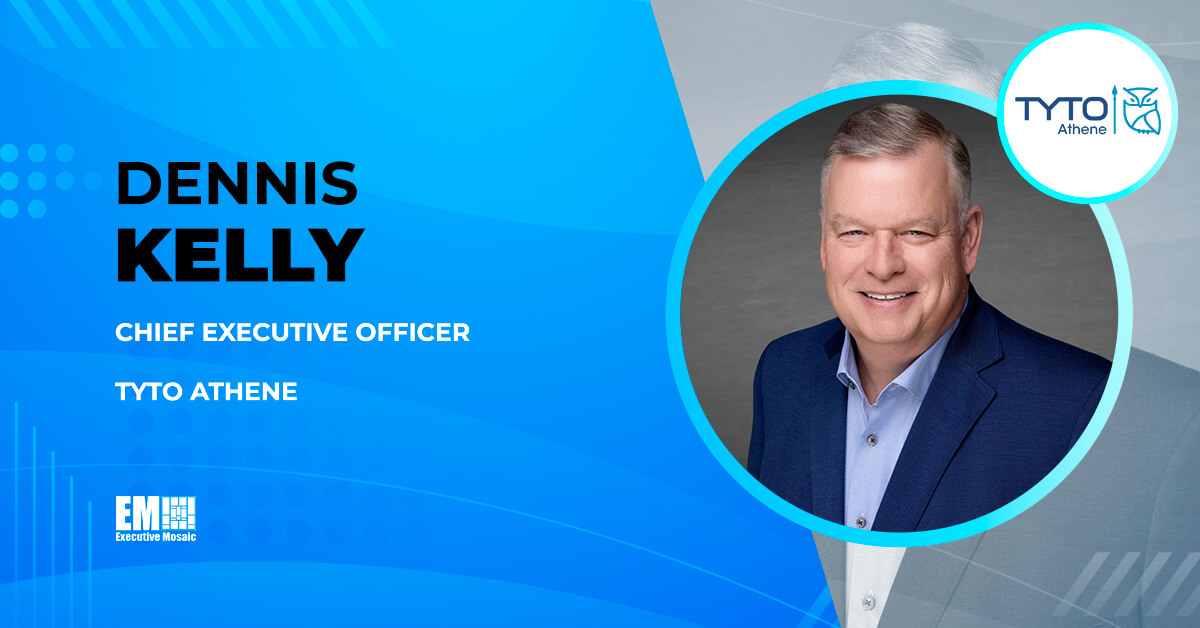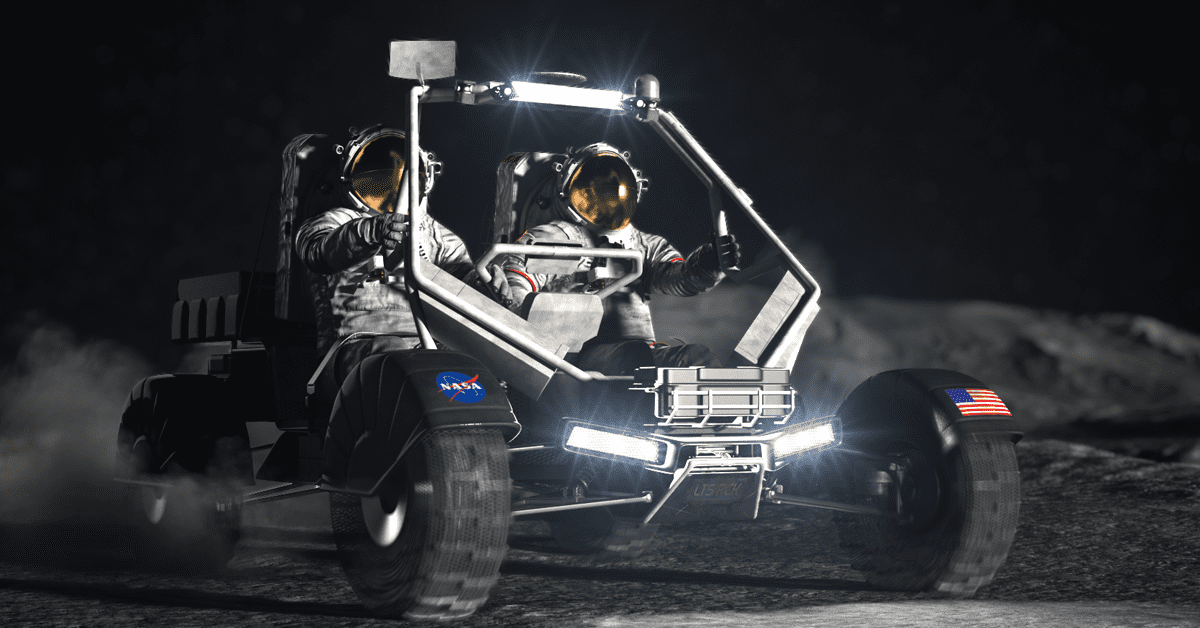 NASA has awarded $106M in total contract funds to 129 small businesses to further develop technology platforms that may help sustain human presence on the moon and Mars.
NASA has awarded $106M in total contract funds to 129 small businesses to further develop technology platforms that may help sustain human presence on the moon and Mars.
The companies submitted 142 innovation proposals to develop, demonstrate and deliver space-based systems for planetary missions under the second phase of NASA’s Small Business Innovation Research program, the agency said Wednesday.
Each awardee has the opportunity to receive up to $750K over two years.
Proposed technologies for SBIR Phase II include autonomous aircraft operation systems, sensor-based landing systems, next-generation magnets and an X-ray instrument for scanning planetary and asteroid rock samples.
œTheir innovations will help America land the first woman and the next man on the Moon in 2024, establish a sustainable presence on the lunar surface a few years later, and pursue exciting opportunities for going to Mars and beyond, said Jim Reuter, acting associate administrator of NASA™s Space Technology Mission Directorate.
NASA selected the phase-two winners after a competitive evaluation process and said it will help fund the commercialization of resulting platforms in the third phase.





